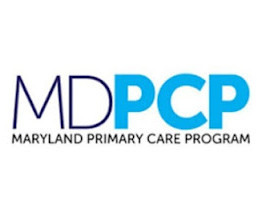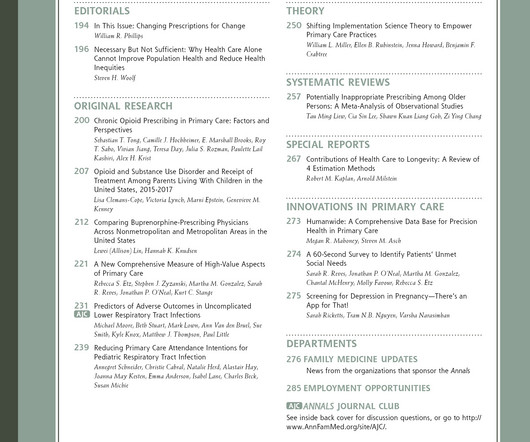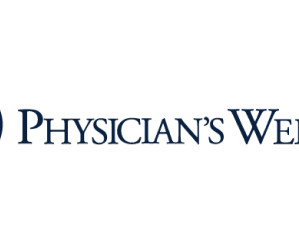Maryland's Primary Care Program: incremental progress or breakthrough?
The Health Policy Exchange
SEPTEMBER 2, 2020
MDPCP is a multi-payer "advanced primary care" program modeled after previous patient-centered medical home projects such as the Center for Medicare and Medicaid Innovation's (CMMI) Comprehensive Primary Care initiative. Also, patients may not have a choice of specialists, depending on the insurer's network.











Let's personalize your content